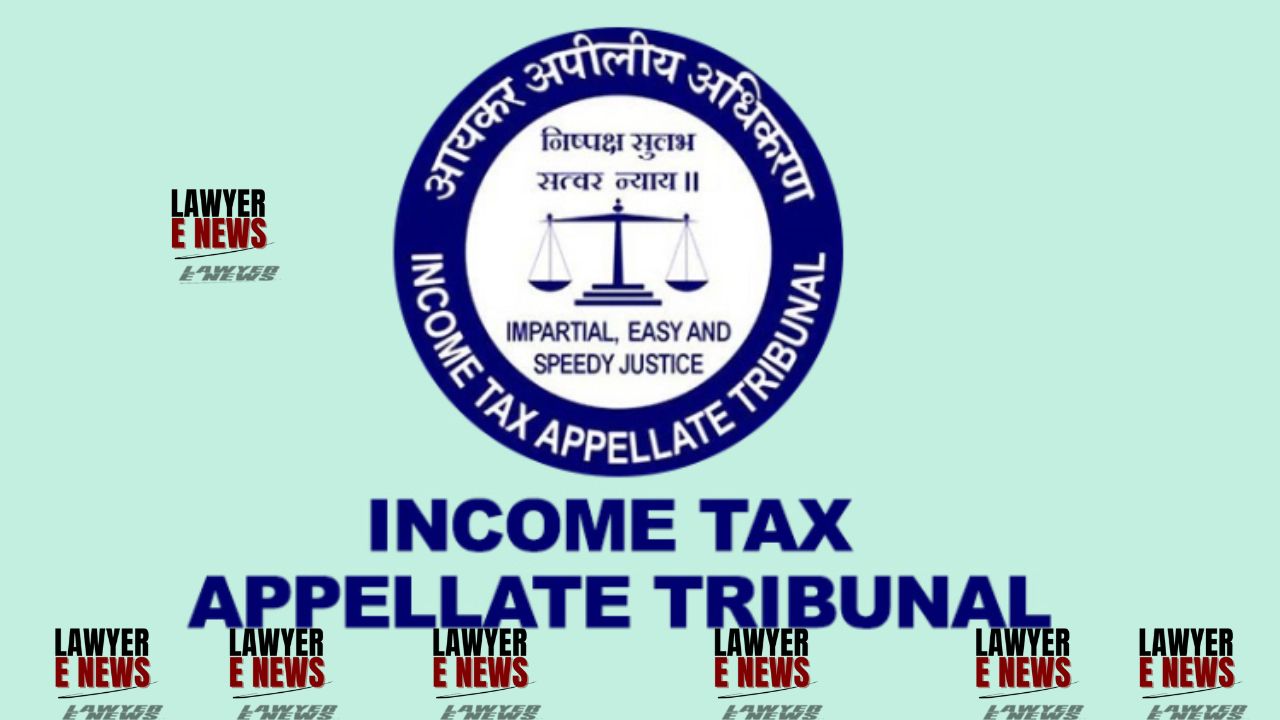-
by Admin
16 February 2026 10:43 AM



The tribunal holds that ESOP discounts are allowable as deductions under Section 37(1) of the Income Tax Act, aligning with past judgments and SEBI guidelines. The Income Tax Appellate Tribunal (ITAT) has ruled in favor of HDFC Bank regarding the deductibility of discounts on Employee Stock Option Plans (ESOPs) as a business expense under Section 37(1) of the Income Tax Act. This decision affirms the applicability of prior judgments and SEBI guidelines, ensuring consistency in the treatment of ESOP-related expenditures.
HDFC Bank granted stock options to its employees, amortizing the discount amount over the vesting period as per the Securities Exchange Board of India (SEBI) guidelines. The bank claimed this amortization as a revenue expenditure under Section 37(1) of the Income Tax Act. However, the Assessing Officer and the Commissioner of Income Tax (Appeals) had earlier rejected this claim, categorizing the expense as capital in nature.
The ITAT referred to the Karnataka High Court's decision in CIT vs. Biocon Ltd., which established that discounts on ESOPs are deductible as they aim to secure consistent services from employees rather than waste capital. The tribunal noted, “The primary object of offering ESOPs is not to waste capital but to earn profits by securing consistent services of employees”.
The tribunal observed that the deduction of the ESOP discount over the vesting period aligns with the accounting treatment mandated by SEBI guidelines. This consistency in accounting treatment and legal provisions was a crucial factor in the tribunal's decision.
In its ruling, the ITAT heavily relied on the precedent set by the Special Bench of ITAT in Biocon Ltd. vs. DCIT and subsequent affirmation by the Karnataka High Court. The tribunal also cited the Delhi High Court's decision in PVR Ltd. vs. CIT, which supported the view that ESOP discounts are a form of employee remuneration and thus deductible as revenue expenditure.
The tribunal concluded that the discount on ESOPs should be treated as remuneration to employees for their continuity of service, thus qualifying as a deductible expense under Section 37(1). The ruling emphasized that the expenditure’s nature as a revenue expense is not negated by its association with the procurement of capital assets (i.e., shares), as the underlying purpose is to incentivize and retain employees.
“The discount on issue of ESOPs is an allowable deduction under Section 37(1) as its primary objective is to earn profits by securing consistent services of employees,” noted the tribunal, underscoring the operational purpose of ESOPs over their capital nature.
The ITAT's ruling reinforces the judicial stance that ESOP-related discounts are legitimate business expenses under Indian tax law. By aligning its decision with established precedents and regulatory guidelines, the tribunal has provided clarity and consistency for corporations leveraging stock options to retain talent. This decision is expected to influence similar cases and support corporate practices that align employee incentives with business growth objectives.
Date of Decision: 05 July 2024
